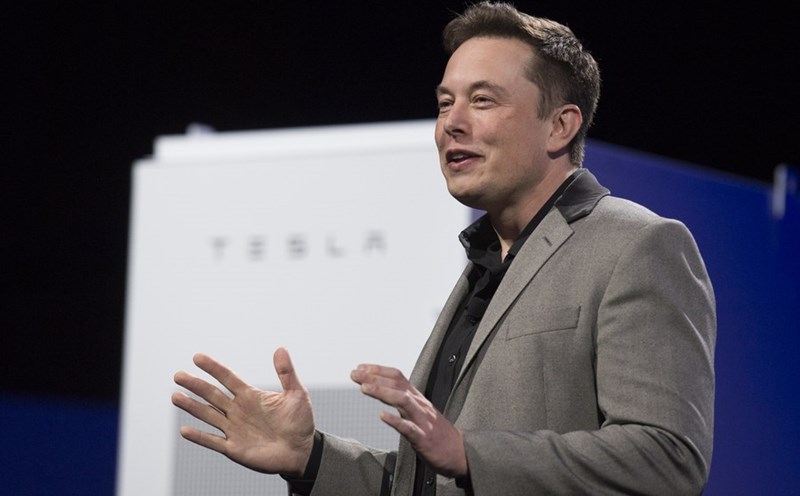According to the filing, OpenAI said that Musk's request for dismissal was unfounded and that the counter-suit should be tried at the same session as the main court, rather than postponed.
In a counter-suit filed in April, OpenAI accused Elon Musk of committing fraud under California law, and called on a federal court to prevent any other illegitimate and unfair actions by Musk against the company. The organization asserted that the counter-suit is necessary to deal with Musk's repetitive behavioral model.
The lawsuit stems from Elon Musk's lawsuit against OpenAI and CEO Sam altman, arguing that the company had fallen away from its original mission of developing artificial intelligence for the benefit of humanity, not for commercial gain.
Elon Musk, co-founder of OpenAI in 2015 but left before the company became a major force in the AI field, said the shift was a violation of initial commitments.
In its latest legal filing, OpenAI also alleges that a $97.4 billion buyback by a group led by Elon Musk earlier this year was effectively a fake bid. The company insists the proposal was leaked to the media even before it was submitted to the OpenAI board, seeking to attract media attention rather than seriously expressing a buying intention.
Recently, OpenAI has adjusted its plan to reduce the controlling role of the nonprofit sector in the organizational structure. However, Elon Musk, through his lawyer, said he would continue to pursue the lawsuit.
Musk has previously asked the court to reject or postpone OpenAI's counter-suit requests until further notice in the case. However, OpenAI argued that the delay was unnecessary and that the matter should be resolved in a planned trial.
The legal confrontation between Elon Musk and OpenAI is reflecting growing tensions surrounding the development and ethical orientation of artificial intelligence technology, in which commercial elements, original mission and control are being placed under strict legal perspective.











